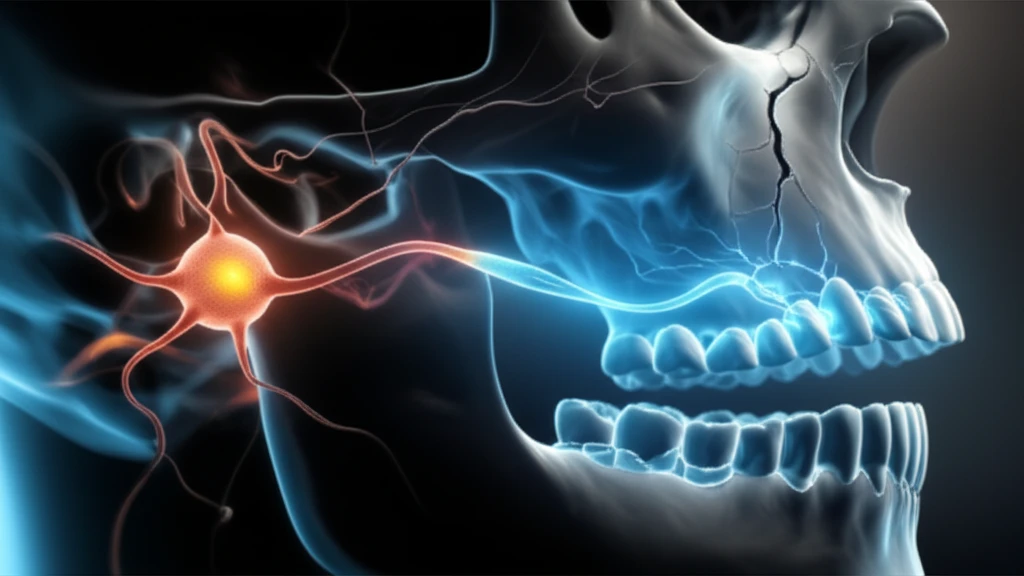
Numbness After a Jaw Fracture? How to Regain Feeling and Function
"A comprehensive guide to understanding, treating, and recovering from nerve damage after a mandibular fracture, with expert insights and practical advice."
A broken jaw, or mandibular fracture, is a painful and disruptive injury. What many people don't realize is that these fractures can often lead to nerve damage, specifically affecting the inferior alveolar nerve (IAN). This nerve is responsible for sensation in your lower teeth, gums, lip, and chin. When it's injured, you might experience numbness, tingling, or altered sensation—a condition known as neurosensory deficit.
The IAN can be damaged at the time of the fracture, or during the surgery to repair it. Sometimes the nerve is directly compressed or cut by the bone fragments. Other times, the manipulation and fixation required to stabilize the jaw can cause secondary trauma to the nerve.
If you're experiencing numbness or altered sensation after a jaw fracture, know that you're not alone, and recovery is possible. This guide will walk you through the causes of IAN injury, what to expect during recovery, and proven strategies to help you regain feeling and function.
Why Does Jaw Fractures Cause Nerve Damage?

The inferior alveolar nerve (IAN) runs through a canal in the mandible (lower jawbone), supplying sensation to the lower teeth, lip, and chin. Fractures in this area can directly impact the nerve through several mechanisms:
- Direct Trauma: The fracture itself can compress, stretch, or even sever the nerve. Bone fragments may directly impinge upon the nerve.
- Surgical Intervention: Surgical procedures like open reduction and internal fixation (ORIF), while necessary to stabilize the fracture, can inadvertently cause nerve damage. Manipulation of bone fragments, placement of screws, or swelling post-surgery can all contribute.
- Inflammation and Swelling: Post-operative inflammation and swelling can compress the nerve within the bony canal, leading to temporary or prolonged sensory disturbances.
The Road to Recovery After Nerve Damage
While experiencing neurosensory deficits after a jaw fracture can be distressing, most patients experience significant improvement over time. Early management, including prompt surgical intervention when necessary, is crucial in minimizing long-term nerve damage. Be patient with the recovery process, follow your healthcare provider's recommendations, and celebrate the small victories along the way. Regaining sensation and function takes time, but with the right approach, you can achieve a successful outcome.
